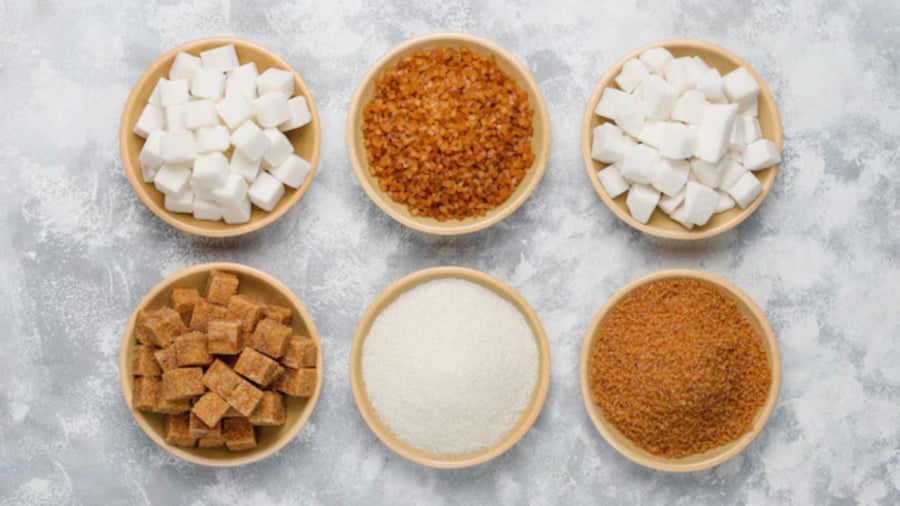The Blue Zones Project, founded by National Geographic longevity explorer Dan Buettner in 2000, brought together medical researchers, anthropologists, demographers, and epidemiologists. The experts distilled data from the world’s oldest people, uncovering the secrets behind their longevity.
According to Buettner, genetics only determines 20% of a person’s lifespan, with the remaining 80% influenced by lifestyle and environment.
In particular, four habits are commonly found in Blue Zones regions, and they hold the key to healthier and longer lives:
Avoiding Sugar
Sugar, especially refined sugar, poses a health risk. It increases the likelihood of high blood glucose levels and makes it challenging to maintain stable weight and cholesterol levels. It accelerates aging and heightens the risk of heart disease and diabetes. Buettner notes that centenarians typically consume natural sugars and avoid refined sugars and sugary drinks.

Reducing Sugar Intake for Longevity
Cooking at Home Regularly
Blue Zone residents cultivate a habit of cooking at home and rarely eat out. They also practice portion control and limit processed foods. Processed foods often come with hidden dangers; they may tantalize the taste buds but are not necessarily safe. Thus, Blue Zone dwellers steer clear of canned, frozen, roasted, or dried foods like instant noodles, candies, sausages, and frozen meals.
Most processed foods tend to be high in sugar, salt, saturated fat, refined carbs, and preservatives, which take a toll on the liver, blood pressure, and cholesterol levels. They are also calorie-dense and lack essential vitamins. A 2021 study published in the Journal of the Academy of Nutrition and Dietetics found that individuals who regularly consumed two or more unprocessed meals daily had a lower risk of death from all causes.

Home Cooking for Better Health
Staying Active
Leading an active life contributes to better health. Blue Zone residents don’t lift weights, run marathons, or frequent gyms. Instead, they inhabit environments that naturally encourage movement, such as gardening, housework, or long walks while listening to podcasts.
Physical activity boosts endorphins and enhances mental well-being. According to longevity experts, excessive exercise is unnecessary; a simple two-minute walk after a meal can help regulate blood sugar levels. You can take a stroll during your lunch break or do some light weightlifting while watching TV.
Managing Stress and Prioritizing Sleep
Stress and lack of sleep can severely impact your health. Stress increases adrenaline and cortisol levels, leading to increased heart rate and blood pressure. Prolonged exposure to these stress hormones can result in chronic stress, causing depression, insomnia, irritability, and mood swings, negatively affecting your quality of life.
Sleep deprivation increases the risk of migraines, muscle pain, and cardiovascular and oncological diseases. Buettner observes that most centenarians in Blue Zones practice stress-reduction techniques like meditation, napping, and socializing with friends and family. As a result, they enjoy better-quality sleep.
To maintain optimal sleep hygiene, limit your use of electronic devices, and avoid them altogether 30 minutes to an hour before bedtime. Consume sleep-promoting foods and create a comfortable sleeping environment.





































